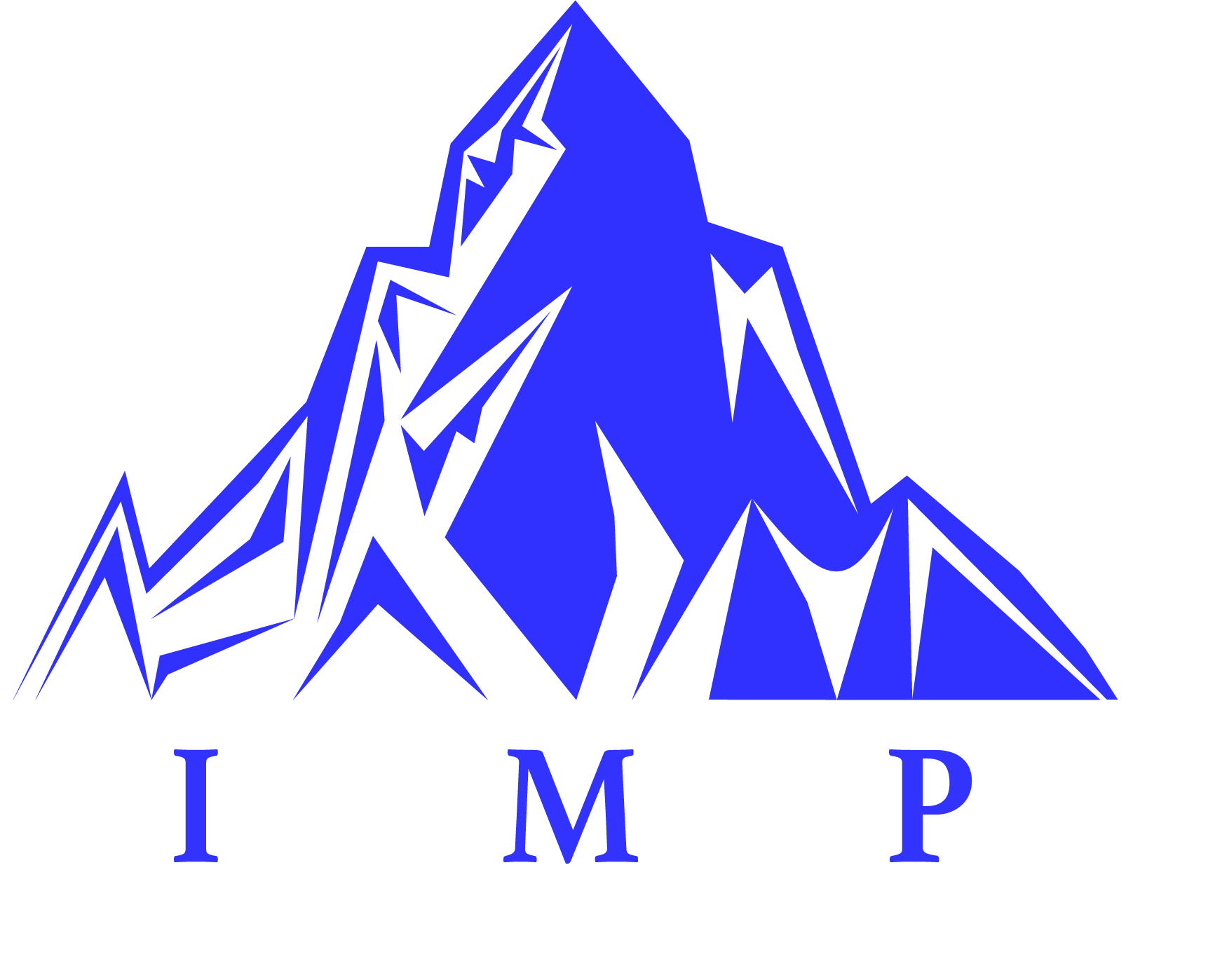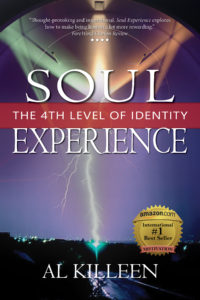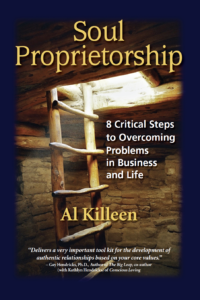How Your Relationship With Executive Coaching Reflects Your Commitment to Effectiveness in the New Economy
Imagine this scene:
“There is a one acre plot of grassy land, surrounded by a white picket fence. Inside that fence is a huge Rottweiler dog, with a spiked collar around his neck and rabid slobber drooling from his growling mouth.
Tied to his collar is a 2-inch thick chain that leads back and is tied to a doghouse in the middle of the yard. Sitting on top of the doghouse, in lotus position, is a wise Zen Monk in calm, all-knowing repose.”
How does this scene capture Executive Coaching and your relationship with it? Further, how might it reveal your actual commitment to being effective in the new economy of an international business world?
The “Rottweiler” represents our egos. Everyone has one, and it spends it time prowling within the “white picket fence” of our business and personal reality, ever-watchful for being judged, offended, attacked or diminished. This persona tends to be a defender of who we “have been”.
The “Zen Monk on the Doghouse” represents our inner value system, and the wise, calm, objective and inspirationally envisioned perspective and approach to our life. This persona tends to be a crucible of who we “could be”.
What does this have to do with you and your relationship to “Executive Coaching”?
Executive Coaching is a relatively recent phenomenon that has taken modern business by storm. And it is a good thing that it has. The challenge is in determining what represents effective vs. ineffective “Coaching” for you, the modern business leader.
There are essentially two kinds of business leaders in America and the world today – Rottweilers and Zen Monks. “Rottweiler’s” are leaders who are doing what yesterday’s generation of leaders did – leading and managing organizations out of mechanistic, compliance-based, fear-driven methodologies that created high-compliance, low morale, non-creative organizations who are losing ground in the modern marketplace. This is because workers today have more options than ever as to where they work, and companies today have far less margin of error for being anything less than excellent if they with to compete in a rapidly growing international marketplace of competition.
On the other hand, there are modern leaders who are “Zen Monks”. These leaders know that they must create organizations that have the leveraged effectiveness from inspired employees, who create rapid and optimal business solutions from the deep well of clarity of expectations, inspired personal discipline, and a shared vision of where they are going within their work world. This type of environment generates a culture of commitment and creativity that is courageous, fun, inspired and sustainably effective. And this only arises sustainably in the shadow of a “Zen Monk” leader who manifests a values-based culture out of that leader’s commitment to personifying values, rather than ego, as the foundation to the culture, work/life balance and organizational effectiveness.
Executive Coaches come in all shapes and sizes, but most (sadly) have been trained to follow a scripted approach to “Coaching” taught in several on-line “Coaching Universities” that tends to be less than the top tier leaders of today really require. They tend to come with one of three approaches:
– “Incremental Executive Coaches”: Coaches that help you get incrementally better with what you are already doing; (Typically reinforce a “Rottweiler” and ego-based support through emphasizing accountability and behavioral management – usually following a trained script for coaching applied to all clients)
– “Expansive Executive Coaches”: Coaches that help you expand what you are already doing; (Also a “Rottweiler” approach, simply expanding the behavioral model of controlling and maximizing ego-based support – also typically following a trained script for coaching applied to all clients)
– “Transformational Executive Coaches”: Coaches that transform who you are, what you are committed to, and why you are committed to it. (A “Zen Monk” approach supporting values-based evolution of the Leader into a compelling and creative catalyst for explosive and positive growth – typically supporting out of personal experience with values-based Leadership in the workplace)
The first kind (incremental) helps you get tactically better what you already have. The second kind helps you get strategically and tactically better with what you already have.
The third kind transforms what you currently have from the past into a crucible of what you could have in the future, and it empowers you to design your own path of strategy and tactics to get there from a higher place of understanding. This is the ultimate Coaching, and what the very best leaders of the new Quantum Economy requires if they are to compete in the new world.
What does this say about you?
If you don’t have an Executive Coach of any kind; it may say that you are convinced that you can’t learn anything more than you already know and are just fine with your future being a reflection of your past.
Good luck with that.
If you have either an incremental or expansive Coach, it says you are committed to getting marginally better at what you have already been.
If you have a transformational Coach, it says you aren’t done growing, are a “learner” rather than a “knower”, and are more committed to who you could be in the future, rather than who you have been in the past.
It’s all up to you…
… Just as it always has been…



